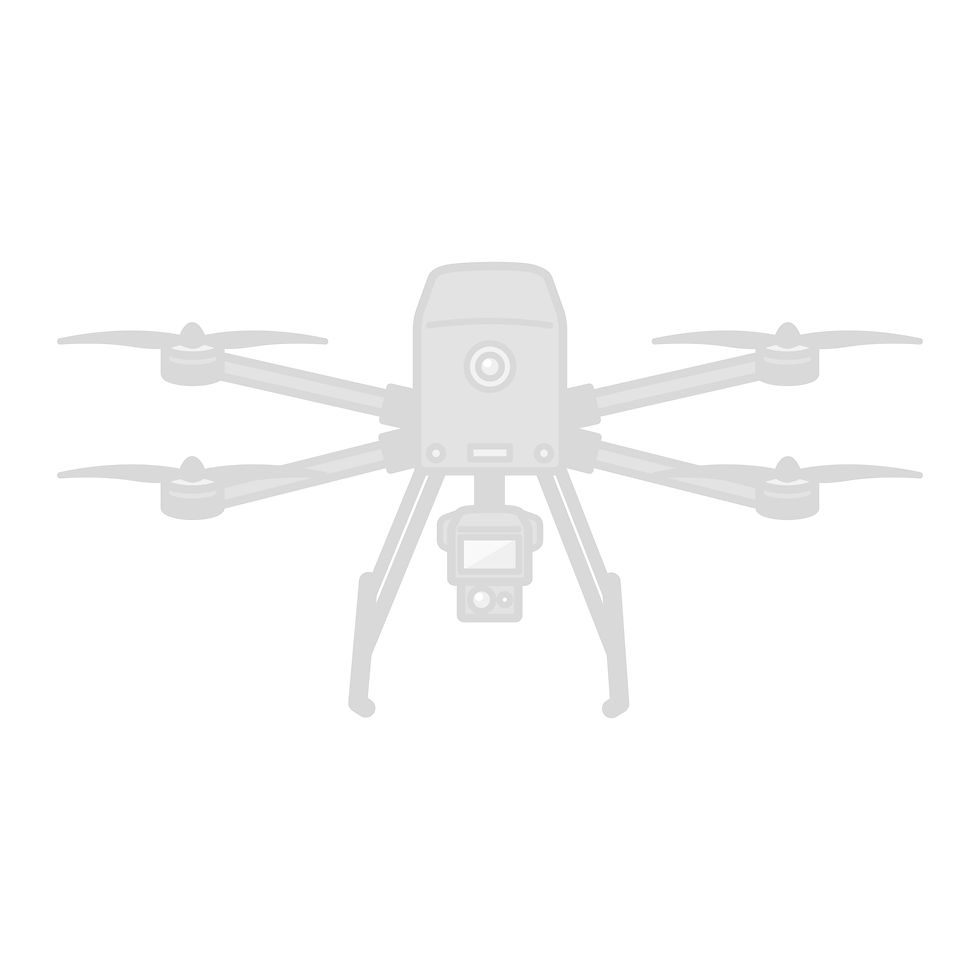
LiDAR Drone Survey
What is a LiDAR Drone Survey?
A LiDAR drone survey uses a UAV (drone) with a laser scanner, IMU, and GNSS to fire thousands of laser pulses per second and measure their return. The result is a 3D point cloud of the ground and features—even through vegetation—delivered faster than traditional ground methods on many sites.
Why use drone LiDAR?
-
Sees the ground under trees/brush where photos can’t (multiple returns penetrate gaps in the canopy).
-
Speed on large or rugged sites (quarries, cliffs, lava fields, gulches).
-
High density & detail for design-grade topo, corridors, and volumes.
-
Works in low light; doesn’t require distinct photo texture.
Typical accuracy & density (project-dependent)
-
Vertical accuracy: ~3–6 cm RMSE with good RTK/PPK workflow and ground control.
-
Point density: ~100–400+ points/m² depending on altitude, speed, and sensor.
-
Always verified with check shots on independent control.
What we deliver (Hawaii Surveying)
-
Classified point cloud (LAS/LAZ) with ground/non-ground classes
-
Digital Terrain/Surface Models (DTM/DSM), contours, and TIN surfaces
-
Intensity rasters, breaklines (where needed), and orthomosaic if camera is flown
-
CAD (DWG/DGN), PDFs, and control reports ready for designers
Where it’s ideal
-
Topographic mapping & design surveys
-
Road/utility corridors and right-of-way planning
-
Stockpile/earthwork volumes and progress tracking
-
Vegetated or hard-to-access terrain (rainforest, lava rock, steep slopes)
-
Shoreline & drainage studies (with specialized methods near water)
Our workflow
-
Plan & permits: Mission planning and FAA Part 107/LAANC where required.
-
Control: Set GNSS control/targets; establish benchmarks.
-
Flight: RTK/PPK LiDAR acquisition; overlap and altitude set for density.
-
Processing: Trajectory solution, strip alignment, classification, and QA/QC.
-
Deliverables: Surfaces, contours, and files tailored to your CAD standards.
Limitations to note
-
Water/reflective surfaces return poorly (use supplemental methods).
-
Dense canopy still needs adequate control for absolute accuracy.
-
Not a substitute for boundary recovery/monumentation—we integrate with total stations and terrestrial scanning when property corners must be set.
Ready to get started?
We're eager to learn about your project and get to work providing a fast, precise, and high-quality solution based on your needs.
